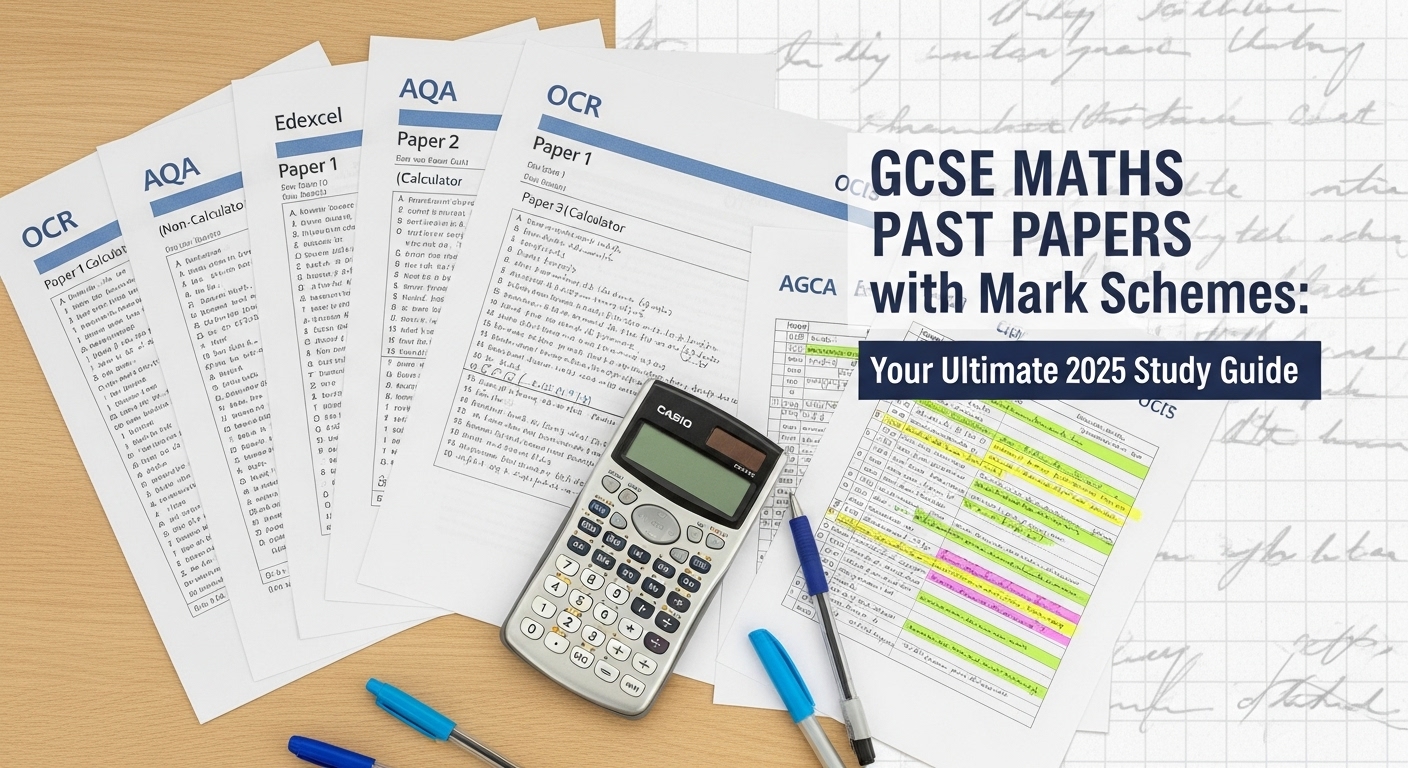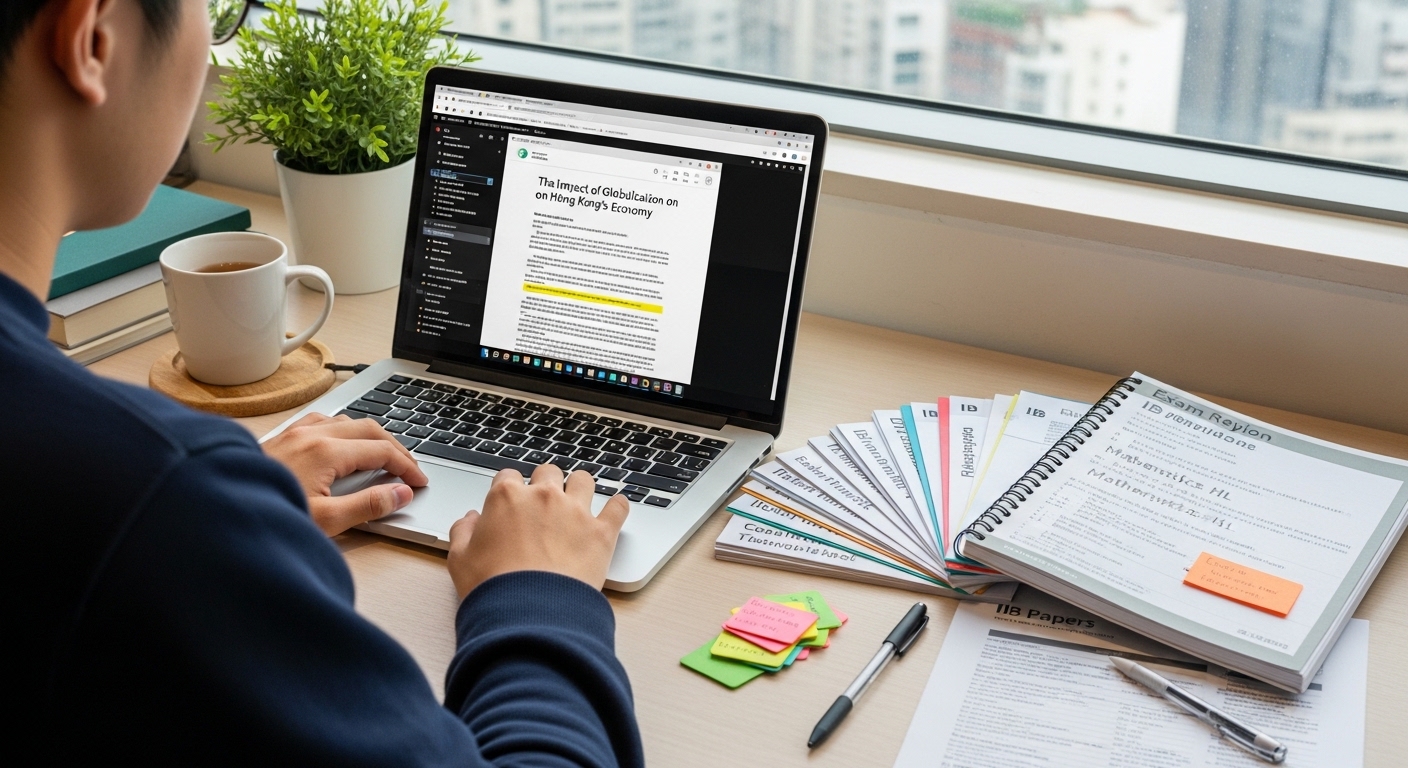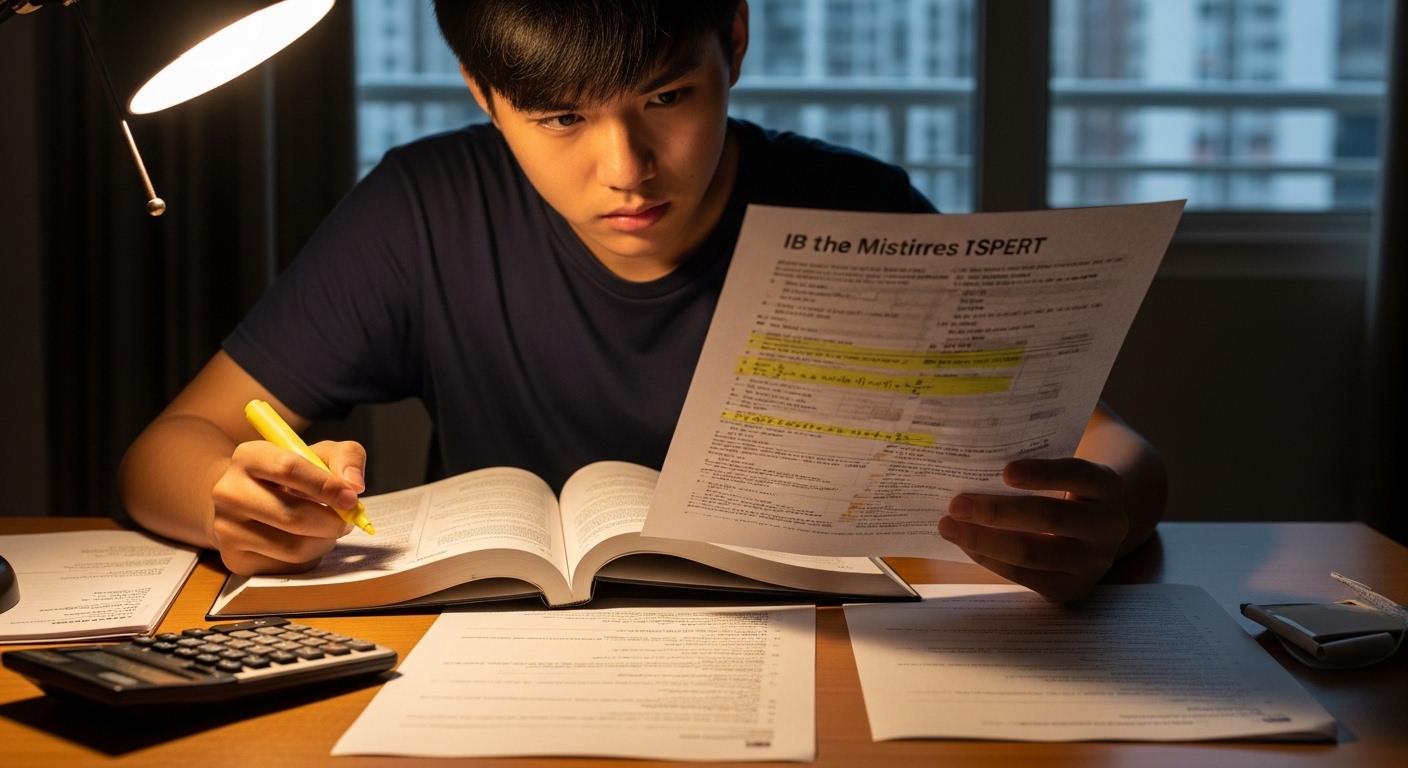Introduction
When preparing for exams, GCSE maths past papers with mark schemes are some of the best tools you can use. They not only show you what to expect but also help you learn how to earn marks.
Practicing with mark schemes helps you see why some answers score higher, how to show your working for method marks, and what examiners want in strong responses. This guide will show you how to use past papers and mark schemes to build confidence and get the best results.
Table of Contents
What Are GCSE Maths Past Papers?
Past papers are official exam papers from previous years published by exam boards like AQA, Edexcel, and OCR. They’re identical in structure, timing, and difficulty to what you’ll face in your actual GCSE maths exam.
They include three papers:
- Paper 1 (Non-calculator)
- Paper 2 (Calculator)
- Paper 3 (Calculator)
Each paper lasts 90 minutes and covers topics such as number, algebra, geometry, and statistics.
What Is a GCSE Maths Mark Scheme?
A GCSE maths mark scheme is a detailed guide showing how marks are awarded for each question. It outlines acceptable methods, correct answers, and even alternative approaches that earn partial credit.
Using mark schemes teaches you how to gain every possible mark, even when your final answer isn’t perfect.
Why GCSE Maths Past Papers with Mark Schemes Are So Valuable
Practicing with real exam papers gives you far more than repetition — it gives you insight. Here’s why they matter:
1. Understand Examiner Expectations
Every question has an intended method. The GCSE maths mark scheme reveals how marks are awarded — whether for the right answer, correct method, or logical reasoning.
2. Identify Your Weak Areas
When you check your work against a mark scheme, mistakes become learning opportunities. You’ll see which types of errors cost you marks — from missing units to skipping steps.
3. Build Exam Confidence
Familiarity removes fear. The more you practice with real papers and mark schemes, the more comfortable you’ll feel with timing, layout, and question styles.
4. Learn How Marks Are Split
Many students lose easy points by not showing enough working. Mark schemes often award method marks, even if your final answer is wrong. Learning to present your calculations clearly can lift your grade.
How to Use GCSE Maths Past Papers and Mark Schemes Effectively
Step 1: Take a Paper Under Exam Conditions
Find a quiet space, set a timer, and complete the paper without help. This simulates the real exam experience.
Step 2: Mark It Honestly Using the Official Mark Scheme
Download the GCSE maths mark scheme for that paper (available from exam board websites like AQA, Edexcel, or OCR). Use a different colored pen to correct your work.
Step 3: Analyze Your Mistakes
Go beyond ticking and crossing answers. Ask yourself:
- Did I understand the question correctly?
- Did I lose marks for presentation or missing steps?
- Was the error a knowledge gap or a simple slip?
Write down common mistake patterns — these reveal where your revision should focus.
Step 4: Reattempt Incorrect Questions
Revisit the ones you got wrong without looking at the answers. The goal is to fix your thought process, not just memorise the solution.
Step 5: Track Progress Over Time
Keep a spreadsheet or notebook of scores and topics. Watching your accuracy improve over time can be a major confidence booster.
Example: How a GCSE Maths Mark Scheme Awards Points
Let’s look at a simplified example.
Question:
Solve for x: 2x + 3 = 11
Mark Scheme Breakdown:
- Correct rearrangement: 2x = 8 (1 mark)
- Correct division: x = 4 (1 mark)
Even if you didn’t get the final answer, showing the correct rearrangement still earns one mark. This demonstrates why mark schemes are so useful — they teach you how to gain marks, not just the correct outcome.
Top Exam Boards for GCSE Maths Past Papers
| Exam Board | Link | Features |
|---|---|---|
| AQA | aqa.org.uk | Clear structure, moderate difficulty |
| Edexcel | qualifications.pearson.com | Widely used, detailed mark schemes |
| OCR | ocr.org.uk | Conceptual questions, logic-based |
“GCSE Maths Revision Websites for Students.”
Understanding Grade Boundaries
Grade boundaries change slightly each year based on exam difficulty. For example:
| Grade | Typical Score (Out of 240) |
|---|---|
| 9 (A*) | 200+ |
| 7 (A) | 170+ |
| 5 (C) | 120+ |
Knowing your target helps you set clear goals when reviewing mark schemes.
Tips for Maximizing Results with Mark Schemes
- Use the same mark scheme multiple times. Revisit it after a few weeks to check your progress.
- Focus on working, not just results. Learn where marks come from.
- Review examiner comments. Examiner reports highlight common student errors.
- Compare your approach to model answers. Notice how top answers explain steps logically.
- Time your practice sessions. Build both speed and accuracy.
Common Mistakes When Using Mark Schemes
- Copying answers without understanding them.
You’ll only improve if you grasp why something is right or wrong. - Ignoring partial marks.
Even a single step earns points — never leave a question blank. - Skipping reflection.
Always take 5–10 minutes to summarise lessons learned after marking.
Avoiding these habits turns each paper into a powerful learning session.
FAQs About GCSE Maths Mark Schemes
What is a GCSE maths mark scheme?
It’s the official guide examiners use to allocate marks based on your method and final answer.
Where can I find free past papers and mark schemes?
You can access them on Mathzem.com or your exam board’s website.
How do I use mark schemes effectively?
Compare your solutions line-by-line and identify how marks are awarded.
Do mark schemes differ between exam boards?
Slightly, but all focus on method, accuracy, and reasoning.
Can I get marks even if my answer is wrong?
Yes, method marks reward correct reasoning even with calculation errors.
How often should I revise with past papers?
At least one per week in the months leading up to your exam.
What is included in a GCSE maths mark scheme?
Each mark scheme shows correct answers, working steps, and how marks are distributed for method, reasoning, and accuracy.
Can I get full marks with a different method?
Yes, if your reasoning is mathematically sound and clearly shown, alternative correct methods usually receive full marks.
Should I memorize the mark scheme?
No. Use it to understand examiner expectations, not to memorize specific answers. The real exam will test application, not recall.
Conclusion
Using GCSE maths past papers and mark schemes is one of the best ways to get ready for your exam. You’ll master the content and also learn to think like an examiner.
When you understand how marks are given, improve your work, and fix your weak spots, you’ll go into your GCSE maths exam feeling confident, prepared, and ready to do your best.






